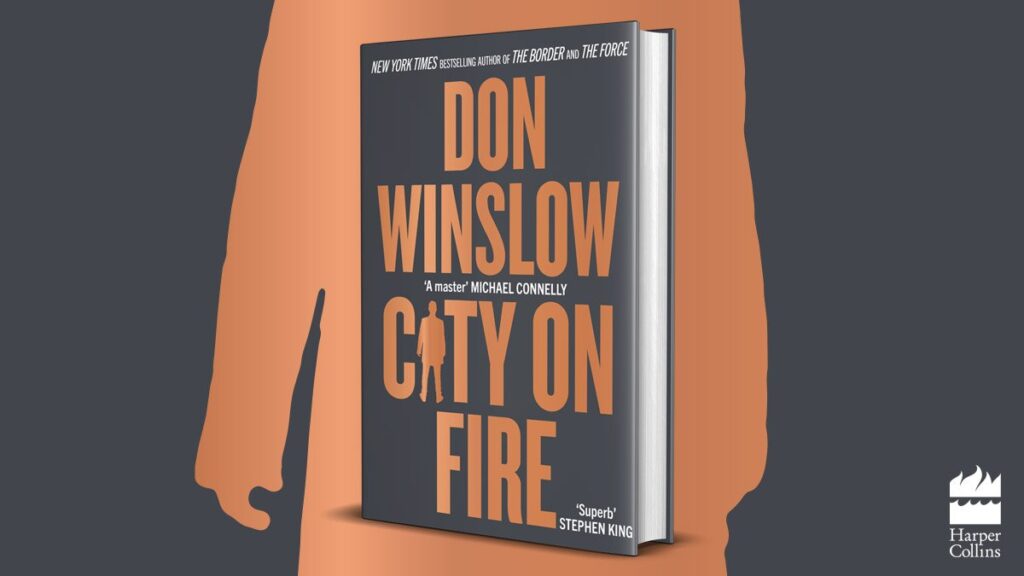 Richard Shephard interviews Maj Sjowall.
Richard Shephard interviews Maj Sjowall.
Q: The series has a strong international feel, especially in the first two books, with the influx of tourists in Roseanna and the complex business of passports, hotels and border crossings in The Man Who Went up in Smoke. Did you give them this to expand the canvas, as it were?
The idea for Roseanna came to us when we took a boat on the Göta Canal in Sweden and the boat was full of American tourists. Roseanna was modelled on a beautiful American girl whom I realized Per was observing a bit too closely, so I suggested that she be the victim.We were sent to Budapest by a Swedish film company to do research for a screenplay on the disappearance of Raul Wallenberg. The film was never made, but we fell in love with the city and decided to go there to write our second novel.
Q: Occasionally in American crime novels, such as Ross Macdonald’s Lew Archer books, the detective feels a kind of release as he uncovers the mystery or revels in the thrill of the chase as he pursues the killer. It seems to be the opposite with Beck – a kind of postfatal depression, perhaps. At the conclusion of The Man Who Went up in Smoke, for instance, he has solved the crime and is about to resume his interrupted vacation, but ‘the sense of a summer holiday was gone and he felt nothing but misery’. Why is this?
Well, Martin Beck is an introverted person and this aspect of his personality means that he is usually sad when a case has been solved. Perhaps a bit of Beck’s melancholy is taken from Per’s aversion to sitting around unoccupied. There was always a kind of melancholy in the air after a book was completed.
Q: In the same book, the Budapest police officer, Major Vilmos Szluka, offers the opinion that their work is neither ‘profession’ nor ‘vocation’, but merely ‘a curse’. Beck says nothing to disagree. Do you feel that this is the case with most policemen and that they all share Beck’s tendency towards gloom?
Yes, I think so. The ability to understand other people’s actions and thinking is one of the things that makes a policeman good at his profession. They are constantly confronted with a side of society from which we others are mostly spared. It must eat away at them as people and at their view of life. The transitory nature and general meaninglessness of life then perhaps become even more prominent and influential.
Q: Beck’s appreciation of Hungarian cuisine and the beautiful Danube setting of this novel are undermined by his dislike of the local cigarettes and the more salient fact that he’s attacked and nearly killed while investigating the case. One gets the sense sometimes that, other than simple distractions such as looking at boats, there is little that actually stimulates him. Were you reluctant to show him nearly enjoying himself?
With Beck, as in every person’s life, there is light and shadow. That Beck has a dismal job doesn’t mean that he is unable to enjoy the good things in life. We’ve devoted more pages to describing him as a police officer – not as a bon vivant.
Q: You were both journalists before you became novelists. Did this help in your research for the novels, notably in the background of all the police work? Of the newspaper reporters in the press conference in Roseanna, some are bored, some hostile, and others sympathetic, whereas in The Man Who Went up in Smoke, there are two or three scenes dealing with a fairly dissolute bunch of journalists. Was this all drawn from experience?
During that period of time there were many journalists at the daily papers you could admire. They were serious, well-read, good writers. Our background was useful; it probably helped us reach sources and places that we wanted to get to. Our network of contacts was large, and I can imagine that those doors that weren’t open were probably easier to force open, thanks to our journalistic background and knowledge.
Q: When Beck and his colleagues are together, there are glimmers of humour in their banter and these appear throughout the books. Was it enjoyable writing them?
Of course we wanted to add humour to our stories, not only for the reader’s enjoyment, but also for our own enjoyment. Per and I had the same sense of humour and therefore we could please each other with digressions and stories that weren’t planned in the synopsis. A bit later in the series, we added two stupid policemen, Kristiansson and Kvant, who always made fools of themselves and got chewed out by Gunvald Larsson. We would almost fight over who would get to write those passages.
Q: Were there any other crime writers whose work you admired, or whom you considered to be influential, and are there any other writers, of any genre, whom you admire?
At that time we both admired Raymond Chandler, Dashiell Hammett, George Simenon and Ross Macdonald. Later, in a review, we were compared to Ed McBain, whom we had never heard about before. But when we did read his work we really liked him and started to translate his novels into Swedish. Today I read all kinds of books, not so many crime novels or novels in general. I prefer biography and history, but I also like to reread some of the classics.


